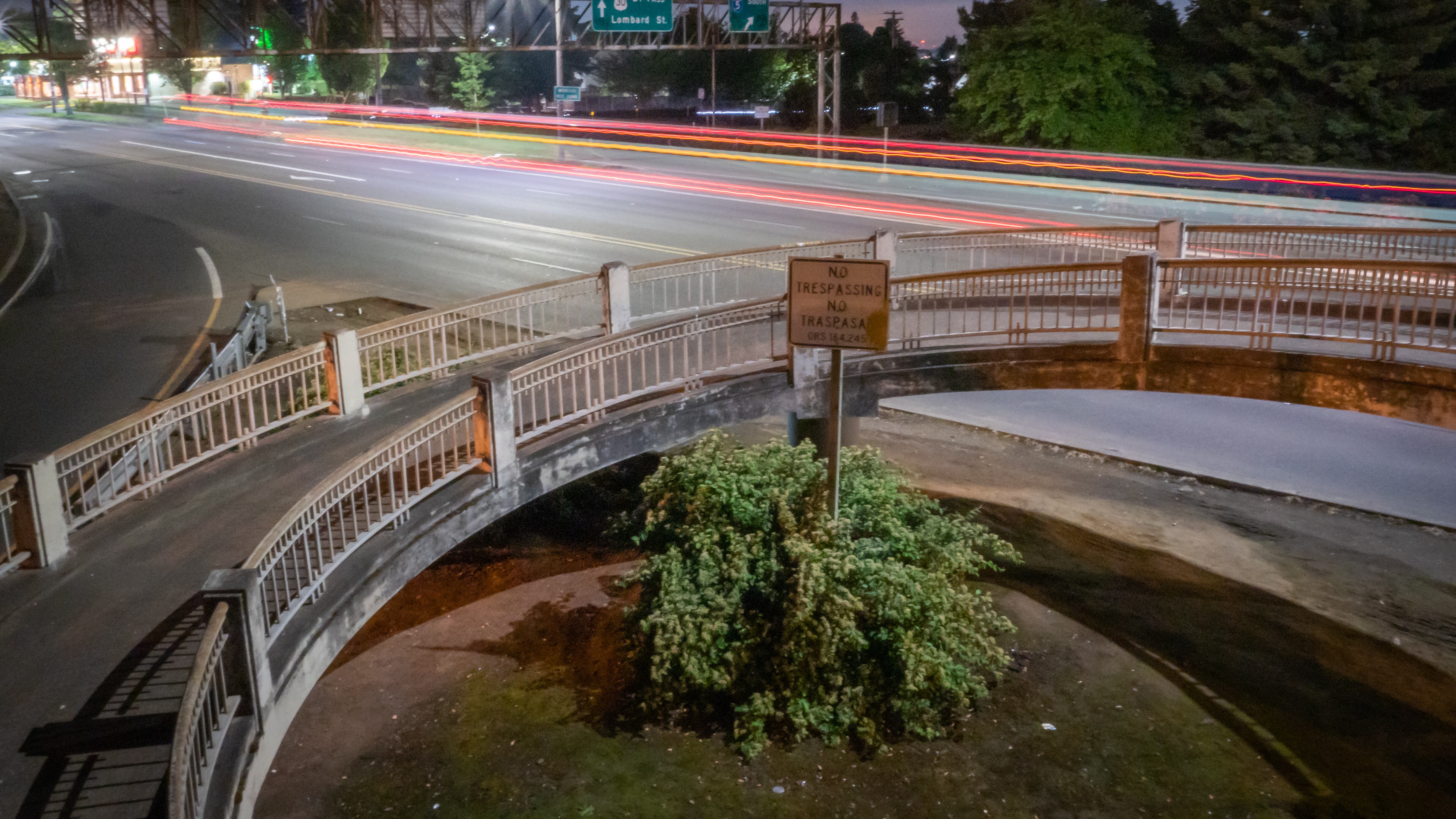Air travelers aren't traveling, commuters aren't commuting, and skies are smog-free. Has COVID-19 halted climate change? —Mark A.
The über-villain of 2018's Avengers: Infinity War, the 22nd of the 23 Marvel films (whose combined budget, I can't help mentioning, exceeds the GDP of Sierra Leone), is Thanos, an omnipotent purple giant who addresses the problem of limited natural resources by wiping out half of all life in the universe, so the other half can live in plenty.
Soon after A:IW's release, real-world edgelords started pointing out that, actually, this plan would solve a lot of environmental problems. The hashtag #ThanosDidNothingWrong had a moment.
COVID-19 isn't going to wipe out half of Earth's population, thank God, but it has wiped out what feels like half of our economy. And sure enough, emissions are down, the rivers run clear, and herds of caribou once again roam the streets of Manhattan.* Was Thanos right?
In a word, no. (And not just because he didn't wipe the survivors' memories, even though that would have kept the Avengers from coming back in the next movie to—spoiler alert—save the day.)
Cutting the world's 2020 population in half gets us to 3.9 billion, which is about how many people were alive in 1973. You'd think a 1,000-year-old demigod could come up with a plan that bought us more than 47 years.
With the coronavirus, progress is even more fleeting. All of 2020's pain, suffering and debt is expected to reduce this year's carbon emissions by 4% to 8% over 2019.
Meanwhile, the benchmark to hold global warming under 1.5°C is a reduction of 7.6% every year this decade. This entire global disruption was just enough to get us to—maybe—hit our carbon targets for one year. And after it's all over, we'll go back to our single-occupancy vehicle commutes and our destination weddings like the whole thing never happened.
Still, there's some hope. Economists note that when (if?) the current crisis passes, governments will be looking for spending programs to stimulate their shattered economies. If they plow that money into things like connectivity improvements and clean energy infrastructure—and not, say, unconditional airline bailouts—COVID-19 might yet display a silver lining. Green New Deal, anybody?
*OK, maybe not.

